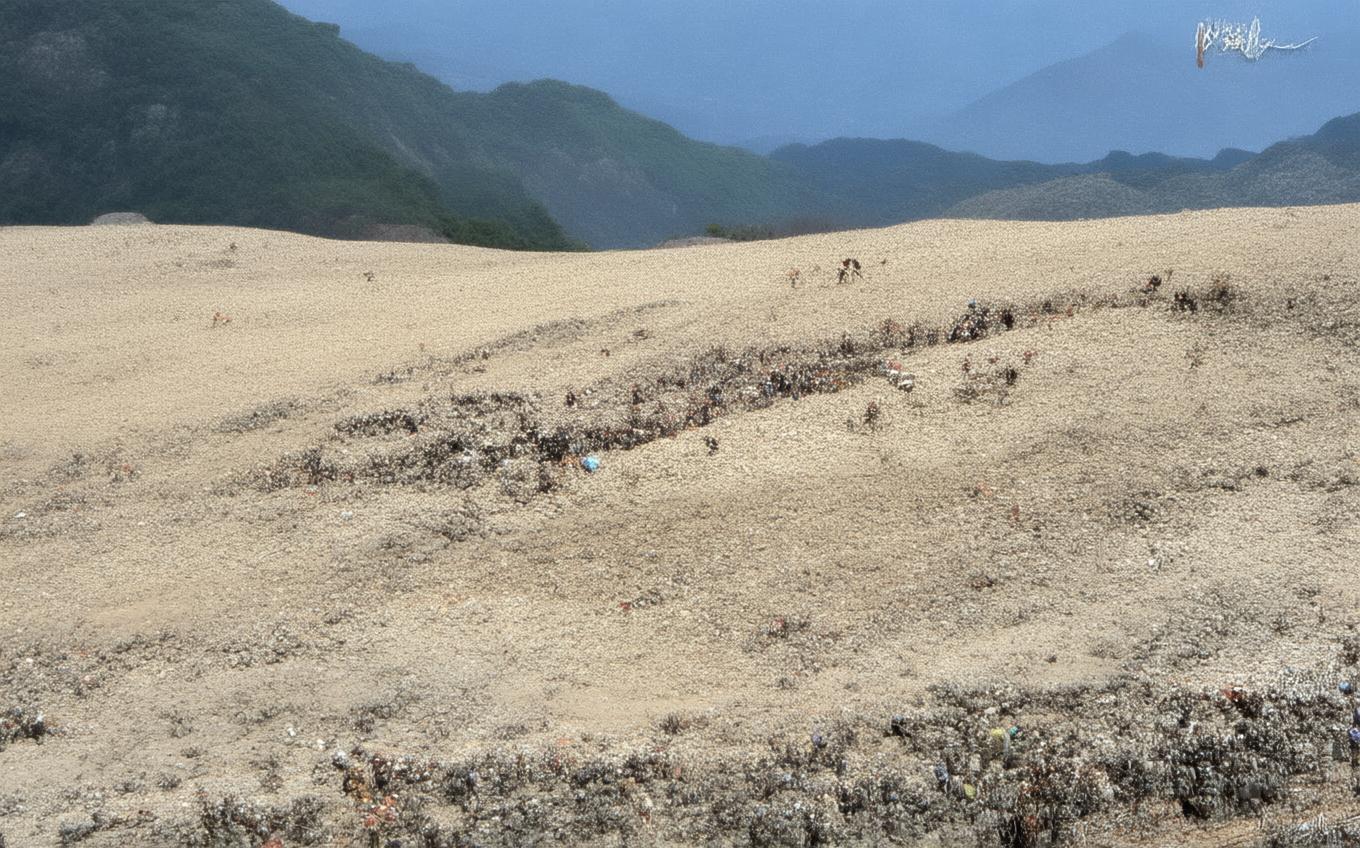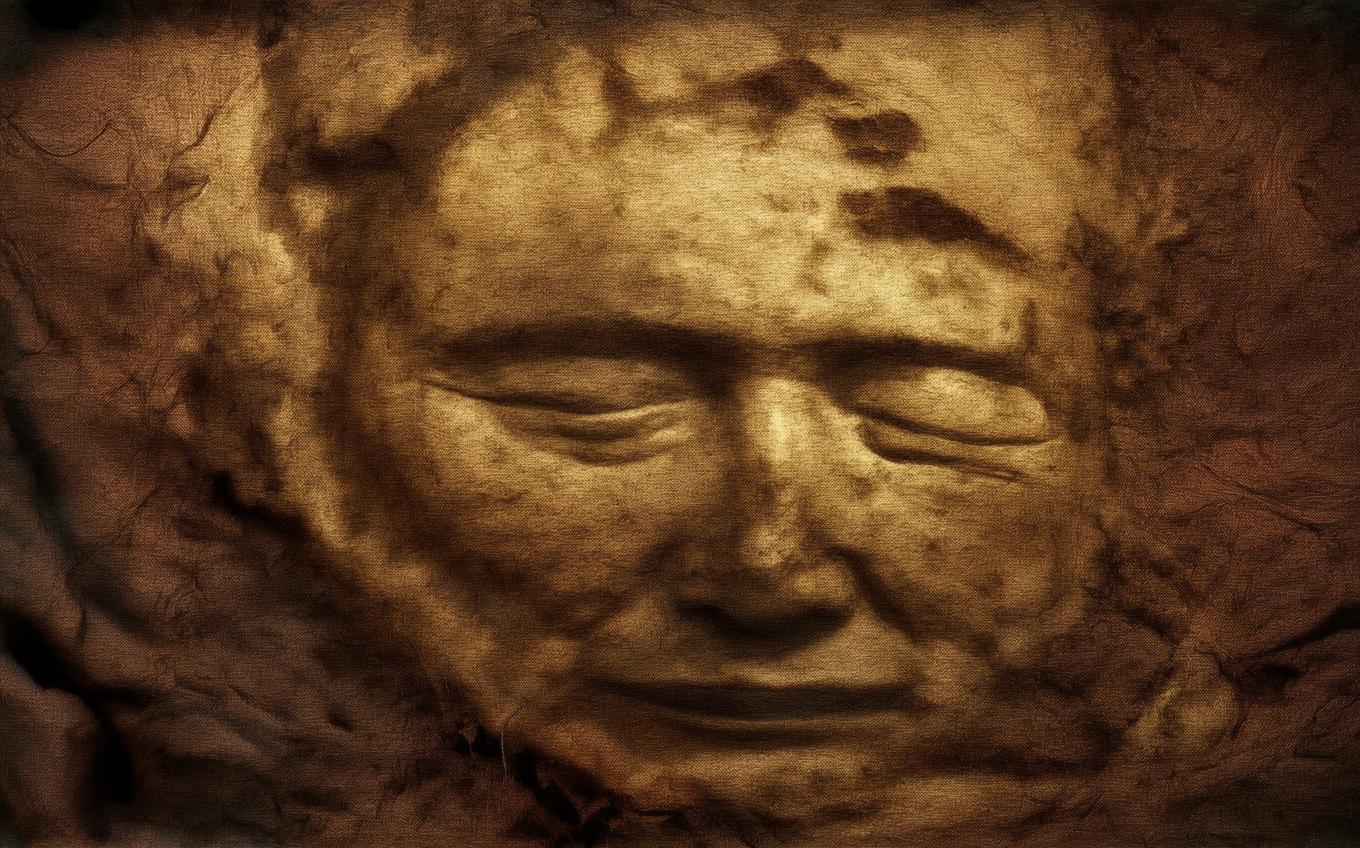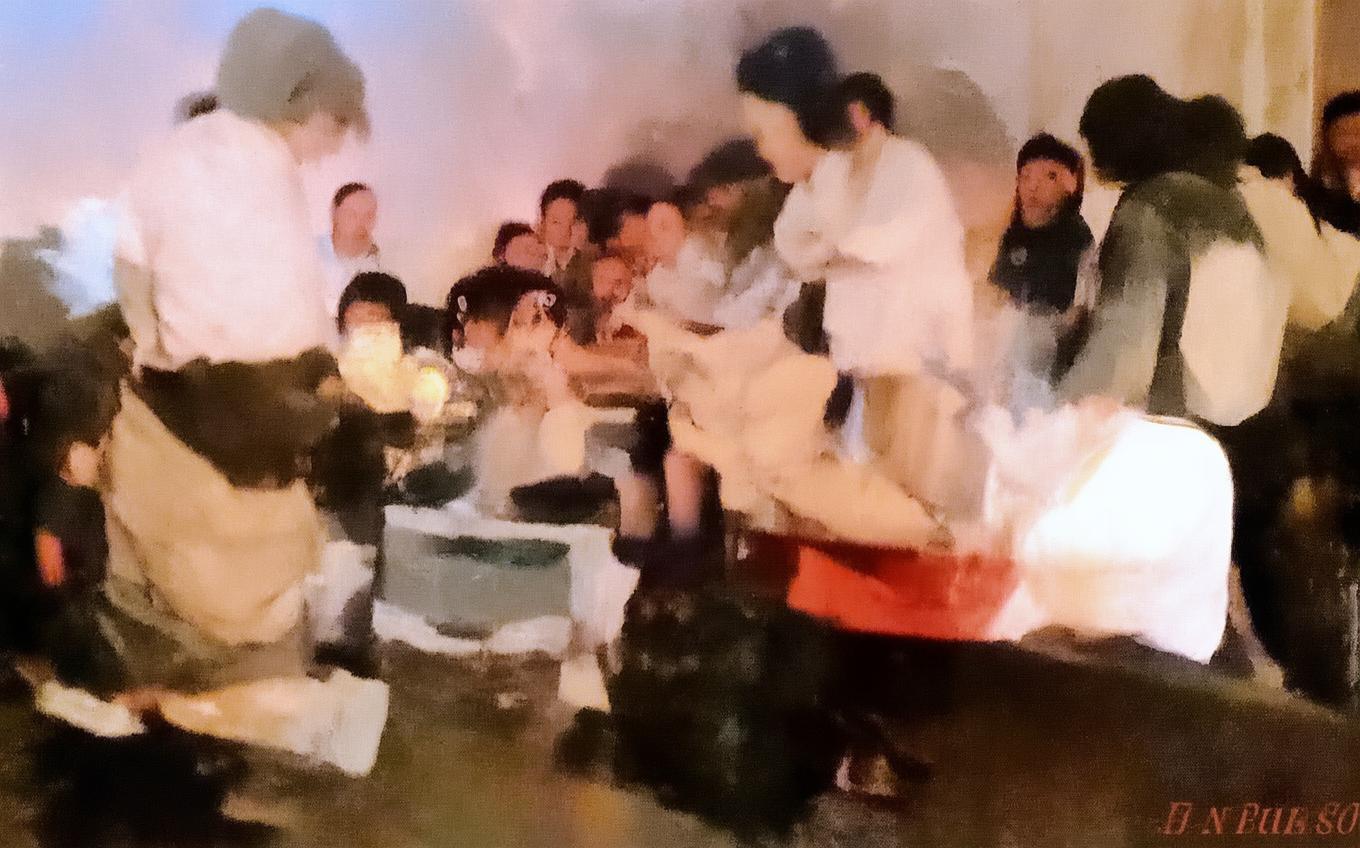
Analysis of a Classic Chinese Poem: 无题
Analysis of "无题" by Li Shangyin Classical Chinese Poetry Introduction Li Shangyin (李商隐, c. 813–858)…

Analysis of "无题" by Li Shangyin Classical Chinese Poetry Introduction Li Shangyin (李商隐, c. 813–858)…

Analysis of "夜雨寄北" Classical Chinese Poetry Introduction "夜雨寄北" (Yè Yǔ Jì Běi), translated as "Nigh…

Analysis of "赤壁" Classical Chinese Poetry Introduction The poem "Chì Bì" (赤壁) is one of the most fa…

Analysis of "泊秦淮" Classical Chinese Poetry Introduction The poem "泊秦淮" (Mooring on the Qinhuai Rive…

Analysis of "渔歌子" Classical Chinese Poetry Introduction "渔歌子" (Yú Gē Zǐ, "Fisherman's Song") is a f…

Analysis of "满江红" by Yue Fei Classical Chinese Poetry Introduction "满江红" (Mǎn Jiāng Hóng), or "The …

Analysis of "鹊桥仙" Classical Chinese Poetry Introduction The poem Que Qiao Xian (鹊桥仙, "Immortal at t…

Here’s the blog post analyzing the famous poem "雨霖铃" (Yǔ Lín Líng) by Liu Yong, following your requ…

Analysis of "竹里馆" Classical Chinese Poetry Introduction "竹里馆" (Zhúlǐ Guǎn, "Bamboo Grove Pavilion")…

Analysis of "从军行" Classical Chinese Poetry Introduction "从军行" (Cóng Jūn Xíng, "Joining the Army") i…

Analysis of "梦游天姥吟留别" Classical Chinese Poetry Introduction "梦游天姥吟留别" (Mèng Yóu Tiān Mǔ Yín Liú Bié…

Analysis of "虞美人" Classical Chinese Poetry Introduction The poem "虞美人" (Yú Měi Rén), also known as …